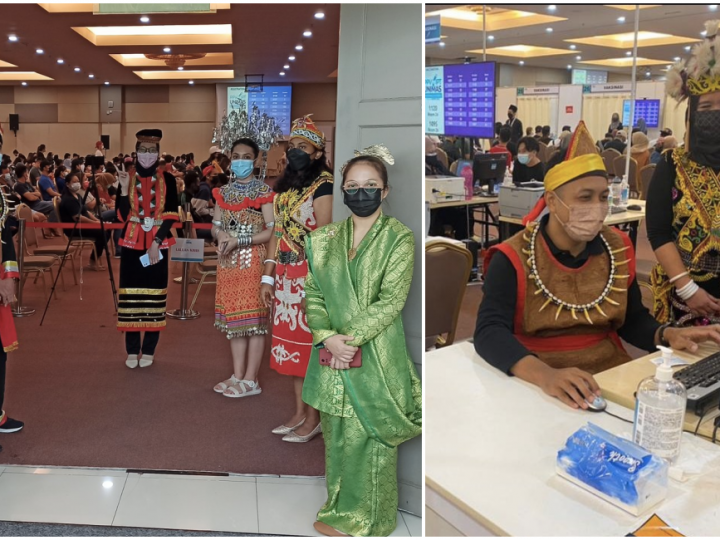The Delta Variant Is The Latest & Scariest Covid-19 Strain… Here’s All You Need To Know About It
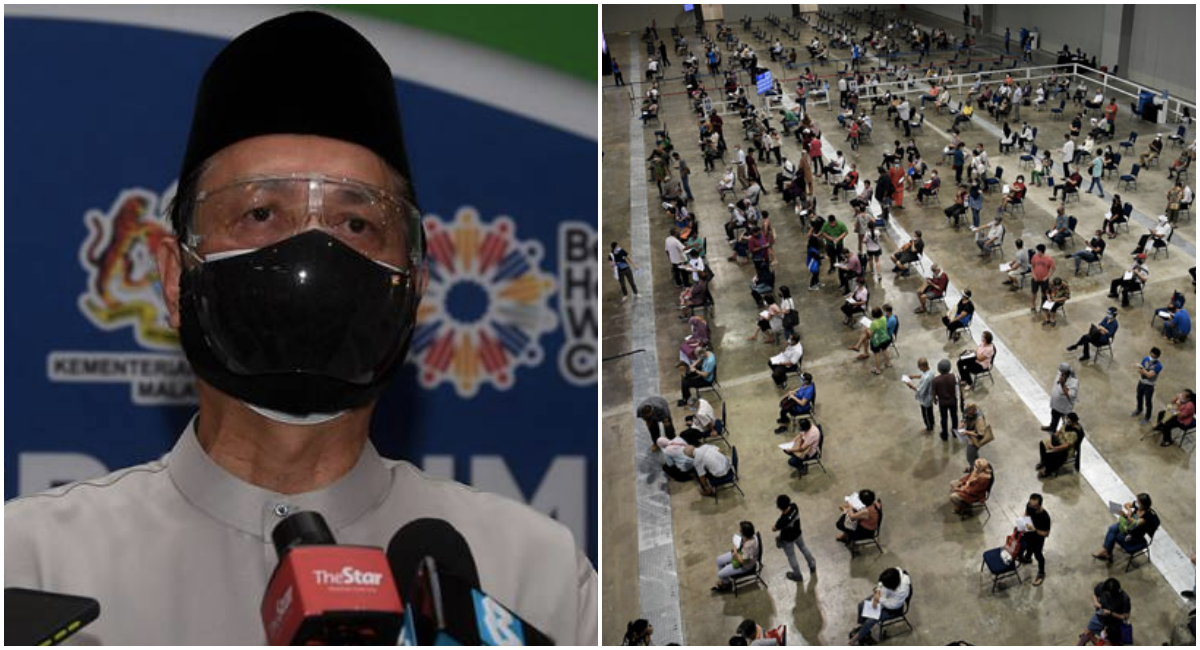 Thirsty for JUICE content? Quench your cravings on our Instagram, TikTok and WhatsApp
Thirsty for JUICE content? Quench your cravings on our Instagram, TikTok and WhatsApp
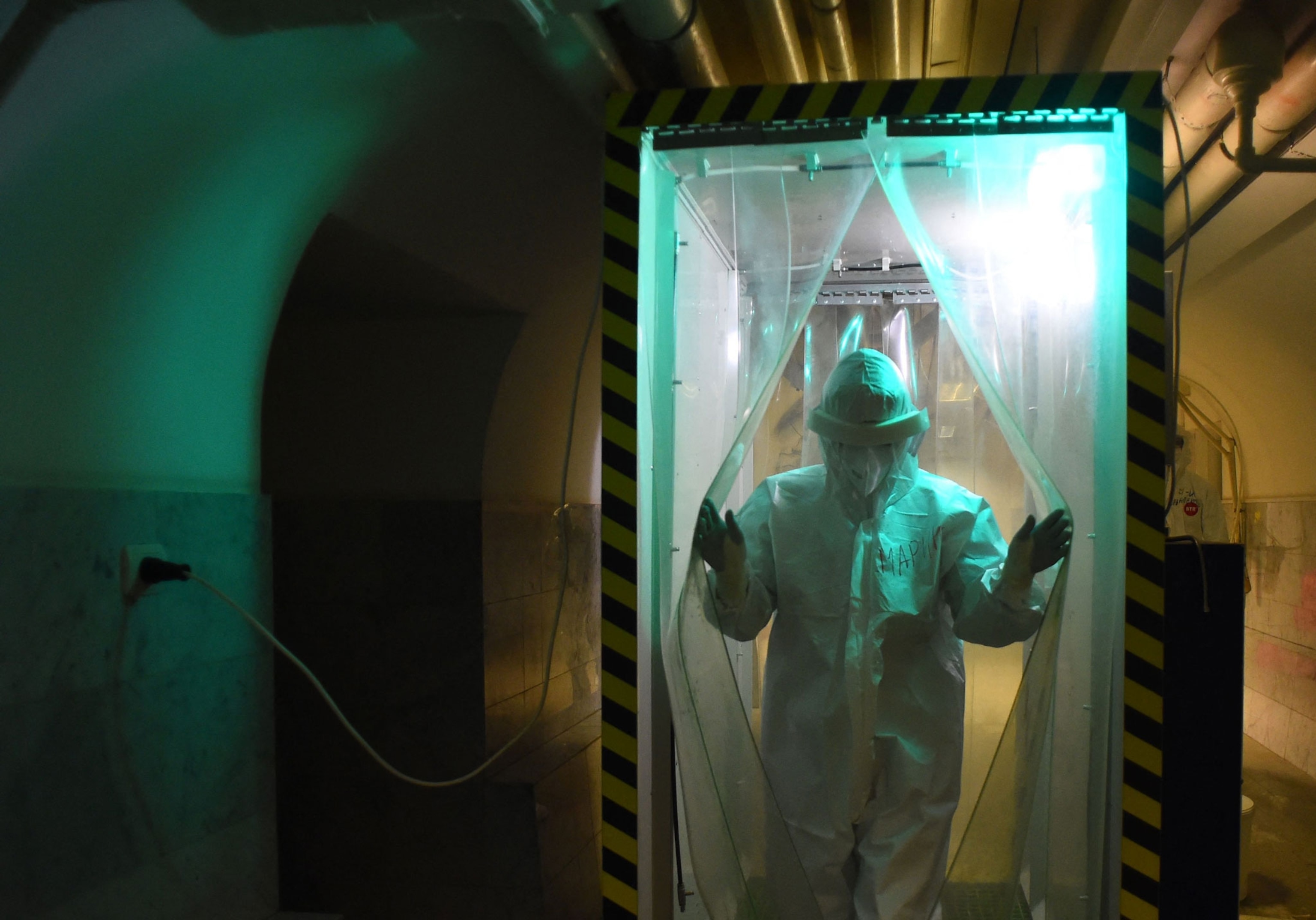
It’s commonly known that Malaysia is currently going through an arduous battle against Covid-19 with new cases reaching up to 5 figures and deaths totalling hundreds daily.
Front-liners are beginning to show serious signs of burnout and hospitals are reaching full-capacity, unable to accommodate for the skyrocketing number of patients and deaths.
To top everything off, recently, a new Covid-19 variant called Delta has permeated its way into Malaysia thus causing more concern amongst the population.

With developments like this, it’s bound to breed panic especially since news circulating the Covid-19 virus is often enshrouded by the loom of death.
It’s often said that the things we know nothing about can instil the strongest fear. So, in order to put a little bit of your worry to rest, JUICE will break down what the Delta variant is and how to prevent contracting it.
Here is all you need to know…
What is the Delta Variant & where did it come from?
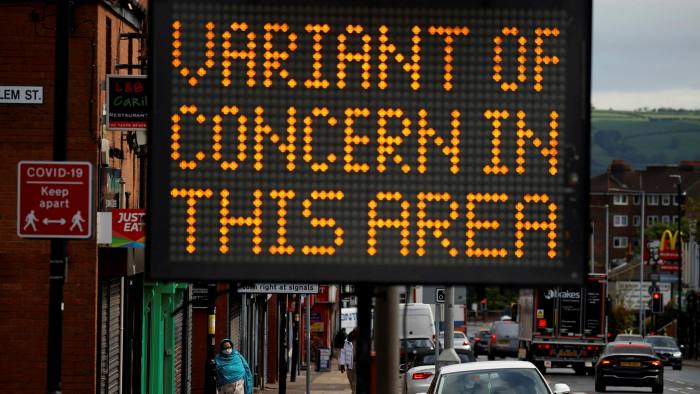
Delta is the name of the B.1.617.2. variant, a SARS-CoV-2 mutation which came from India. It was first identified in December 2020.
The World Health Organization (WHO) called Delta the “fastest and fittest” variant of the virus as it became the dominant strain in India, Great Britain and by July 2021, had caused more than 80% of new U.S Covid-19 cases.
Delta can spread from one person to maybe 4 other people and it only grows from there. According to Dr. F.Perry Wilson, a Yale Medicine epidemiologist, “Delta is outcompeting everything else and becoming the dominant strain.”
Who is at risk?
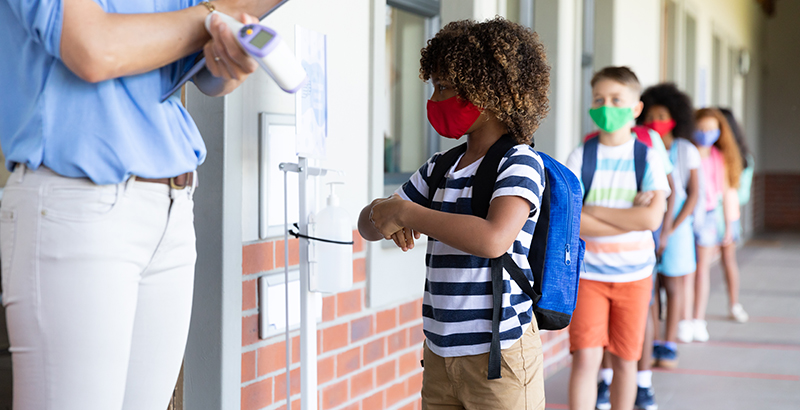
Since Delta is by far the most contagious of all the variants we’ve seen so far – being 40-60% more transmissible than the original strain from Wuhan, China – unvaccinated and partially-vaccinated people remain at risk.
Based on a study by Yale Medicine, Delta seems to target children, young adults and adults under 50 more than the previous variants.
When it comes to fully-vaccinated people, the risk of getting Delta is much less drastic.
What are the symptoms? Is it the same as other variants?
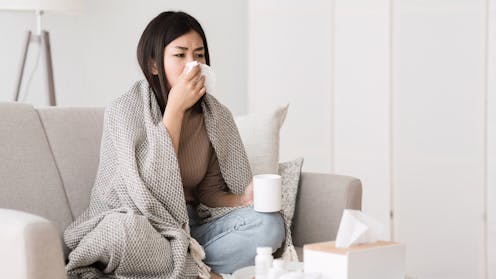
The classic symptoms of Covid-19 include high-temperature, fatigue, headaches, sore throat and runny nose. When prolonged, patients tend to lose sense of taste and smell or even begin vomiting and experiencing diarrhoea.
These symptoms are present in the Delta variant, except for loss of taste and smell, but instead of experiencing it for two weeks, they can experience it for up to a few months, according to Abbott and Deaconess Health System’s President Dr. James Porter.
Similar to other variants, if fully-vaccinated, the symptoms will be much less severe.
How to prevent contracting Delta?

Of course, adhering to SOPs placed by the government will help in preventing the contraction of Delta but the surest way is to get vaccinated.
According to WHO, the vaccines that have proven to be the most effective in preventing Delta are Pfizer and AstraZeneca. However, this is not to deter anyone from getting jabbed with other vaccines.
According to Dr. Theodore Strange, “The bottom line is that the vaccination programme with any of the current vaccines available is the only way to break the cycle of spread by not allowing the virus to infect unvaccinated hosts and then mutate into variants such as Delta. These vaccines are safe and with a high degree of efficacy to prevent further morbidities and mortalities.”

As a refresher, here are the main steps to avoid contracting Covid-19:
- Double mask. Most recommended masks would be an N95 mask or the disposable ones with a nose wire, filters and multiple layers. If you want to wear a cloth mask, wear it over your disposable mask. Avoid these masks.
- Avoid going out for unnecessary reasons and joining mass gatherings.
- If you must go out, practice social distancing and sanitise yourself regularly.
With all that said, for as long as the pandemic persists, there will be new variants sprouting and causing frenzy. The most we could do during this time is to remain calm, read up on ways to prevent it and get vaccinated.
The sooner we achieve herd immunity, the sooner our worries can be laid to rest.


 Get Audio+
Get Audio+ Hot FM
Hot FM Kool 101
Kool 101 Eight FM
Eight FM Fly FM
Fly FM Molek FM
Molek FM